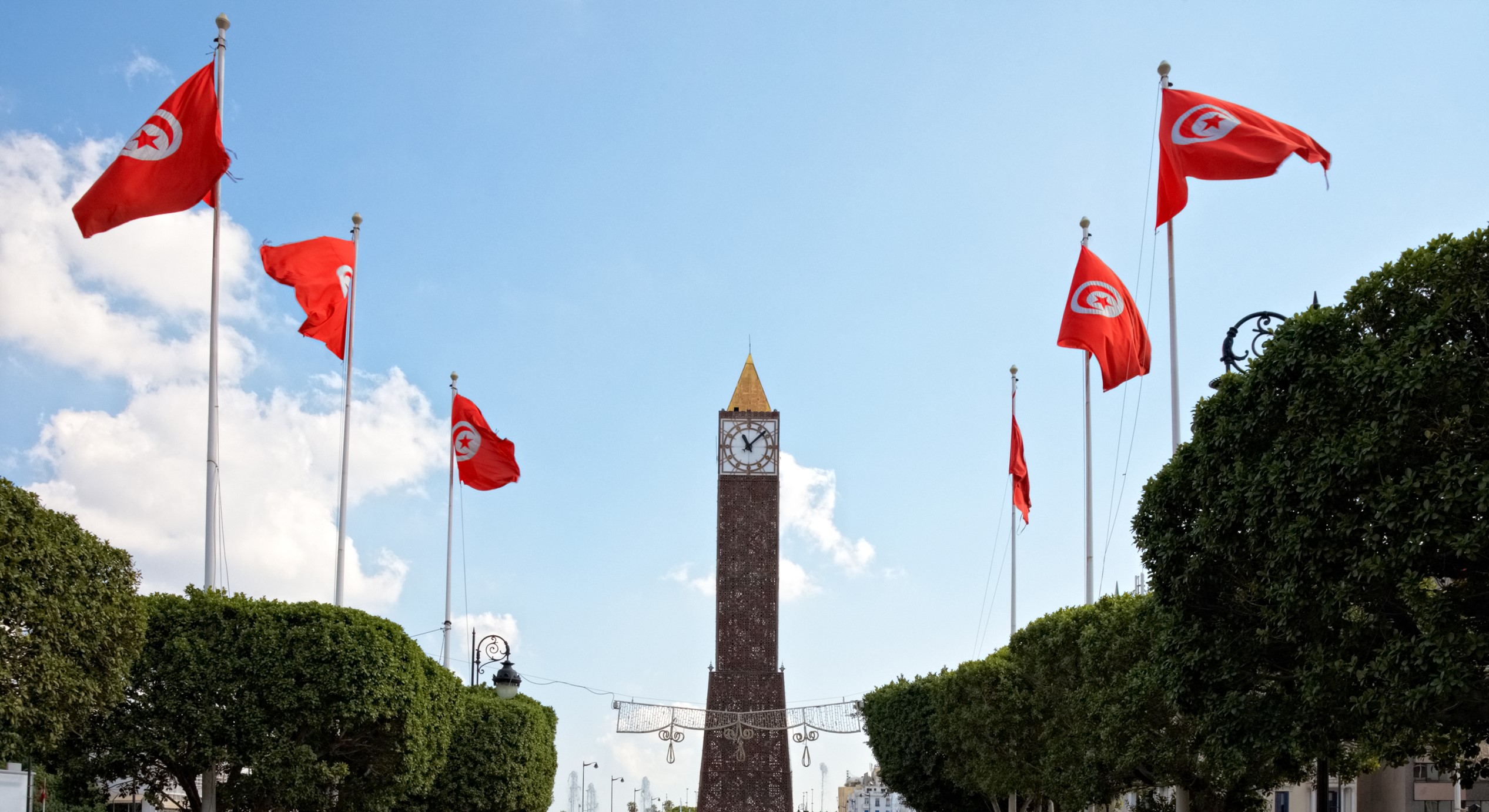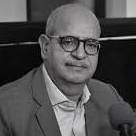
Tunisia After the Elections: No Change in Scenery - Salaheddine El-Jourchi

Tunisia After the Elections: No Change in Scenery - Salaheddine El-Jourchi
More than a year before the Tunisian presidential elections, which took place on Sunday, October 6, President Kais Saied pledged not to hand over the leadership position to non-patriots. Thus, all those who had previously contributed in some way to power following the revolution would not be allowed to return to power again. In other words, the opposition must disappear from the country.
This decision was not merely a verbal threat. It was immediately transformed into a plan with interconnected links and stages, ultimately stripping political parties of all their tools and tearing them apart to make them unable to resist. This plan relied on three keys.
The first key to controlling the course of events entailed amending the electoral law. The amendment tightened the noose on candidates who intended to enter the presidential race. After eliminating public funding in the first stage, parliament was hastily called to vote on several legislations with a comfortable majority, as the current parliament is mainly composed of deputies loyal to President Kais Saied. The most dangerous articles of the amendment are related to withdrawing the powers of the Administrative Court to consider electoral disputes and referring them to the Court of Appeal in the middle of the electoral campaign and two weeks before elections. The amendment was in response to the Administrative Court ruling in favor of three candidates disqualified by the Independent High Authority for Elections appointed earlier by the President. The [Administrative] Court was also preparing to consider other appeals, which could force it to invalidate the result and call for new elections if it did justice to them. Many pressures were exerted to block any such scenario that would put the state in confrontation with its institutions by relying on Parliament to amend the law, remove unwanted candidates, and organize elections according to the presidential agenda.
The second key used to control the course is related to the body responsible for organizing the electoral process. Extensive changes were introduced to the body compared to what it was after the revolution. It played a significant role on both the administrative and political levels and effectively reduced the number of candidates, from about a hundred initially expressing their intention to run to 17 candidates. It then reduced the number to only three. The High Authority used various means to do so, including administrative and judicial, which led to many candidates being imprisoned, including Ayachi Zemal, who accepted his candidacy by the head of the People's Movement and put his name along Kais Saied's on the official ballot. He was accused of falsifying some of the names of his candidacy supporters and prosecuted on charges that carry a penalty of at least twenty years in prison. Thus, the electoral process ended with a resounding success for the outgoing candidate, Kais Saied, who enjoyed a second round after obtaining 90.96% of the votes. However, the turnout was at most 28%, one of the weakest rates globally.
The third key is no less critical and relates to the opposition's situation, which is quite complex and abnormal. The parties were not up to the occasion. In addition to their previous differences, they were divided over their position on participating in the elections, between those calling for a boycott and those enthusiastic about trying to remove Kais Saied through the ballot box. The enthusiasm of those defending participation reached the point that members of the campaign of the outgoing candidate became anxious for fear that the opposition would unite around one of the candidates competing with Saied and that the reluctance of voters and the complex economic and social conditions would be exploited, which could alter the balance of power and create suitable conditions for an unpleasant surprise. As a result, the electoral machine of the candidate president began its work. Voters were mobilized during the last hours of the election day. This improvisation showed the opposition in a bad light, which widened its distance from Tunisians. It is now required to undergo a radical and comprehensive criticism of its performance following the revolution.
The current stage is characterized by ambiguity and waiting to see what the coming days will reveal. The voices of the opposition are almost unheard. Almost everyone follows what is happening from a distance, waiting for the right opportunity to express a position that will not be heard in this anxious atmosphere. Bridges are almost cut between the parties, some of which are going through a state resembling clinical death.
Recent publications

